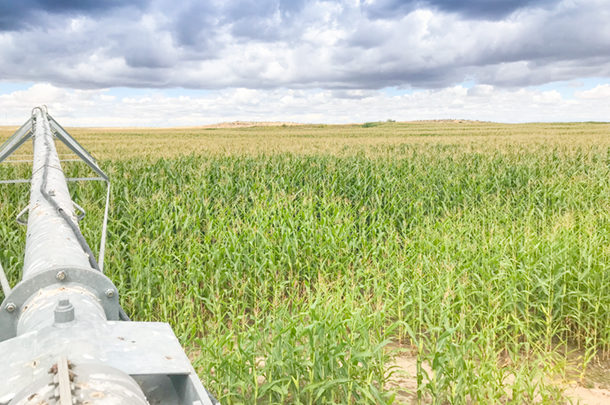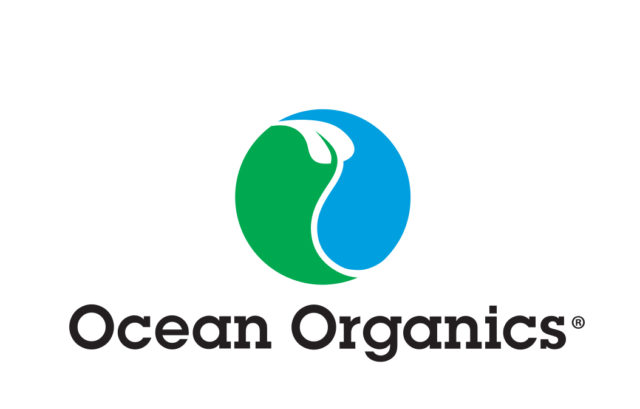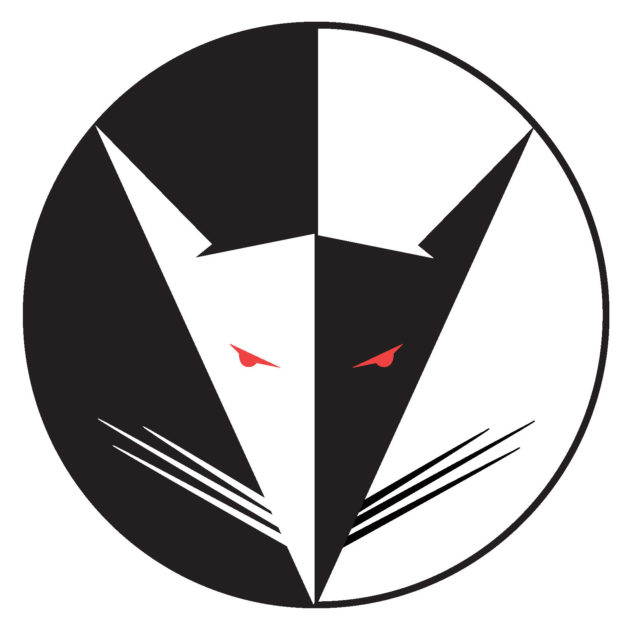In the workshop, we talked about how we work with our grandparents (often traditionalists), our parents (often baby boomers), and our older colleagues (often Gen Xers) in agriculture. The conversations brought up generational differences that can make our workplace interactions difficult. Still, the workshop highlighted the message that we shouldn't pigeon hole people and give everyone a chance to be unique individuals, not labels. I left the workshop thinking, to be a farmer I needed to be a human resource pro.
Recently, at a women in agriculture seminar I attended, the participants dug deep into agricultural finances. This is a favorite topic of mine since I spent five years working in agricultural lending. The workshop facilitator said that as farmers, we need to know our finances inside and out. She stressed cash-flow budgets and business plans. She said we need to have short- and long-term goals, enterprise budgets and know to the penny our withdrawals. Echoing a sentiment I used to tell my customers, you should know your finances well enough that you know my answer on a loan decision before you even ask it. To be a farmer, I needed to be a financial guru.
Later in the seminar, one of the attendees asked a question about marketing. We spoke at some length about how to market your agricultural products locally through direct sales and farmer's markets. We also took it conventional and talked about learning agricultural markets and hedging strategies. We talked about the importance of digital advertising, print advertising and the benefits of networking with like-minded farmers. I walked out of the conference, brimming with marketing strategies. To be a farmer, I needed to be a marketing expert.
I've heard it said somewhere that farming is the only occupation where the vocational-educational link is reversed. People know farming will be their occupation before any training is undertaken. You want to be a farmer before you even know what a farmer does. From the time you were a child riding in the buddy seat of the tractor, you knew you would be a farmer. Maybe you carried out this family tradition because of the legacy of your farm, a love of the ground, a love of your livestock or a love of growing things. I bet you didn't become a farmer because you love finances or marketing or even dealing with people, but those aspects of a business are aspects of farming. You are not just a farmer; you are a business owner. Farming, at its core, is entrepreneurship.
Seeing farming through the lens of entrepreneurship changed the way I viewed agriculture and my profit potential in this industry. An entrepreneur is a jack-of-all-trades, but a successful entrepreneur is one who knows the industry, is creative in problem-solving and knows when to ask for help. I challenge you, no matter what stage your farm operation is in, seventh or first-generation, to begin acting like an entrepreneur. ![]()
PHOTO: Farming is rarely blue skies, but looking at your farm through the lens of an entrepreneur will help you spot the opportunities. Photo by Erica Louder.
Erica Louder is a freelance writer based in Idaho.










